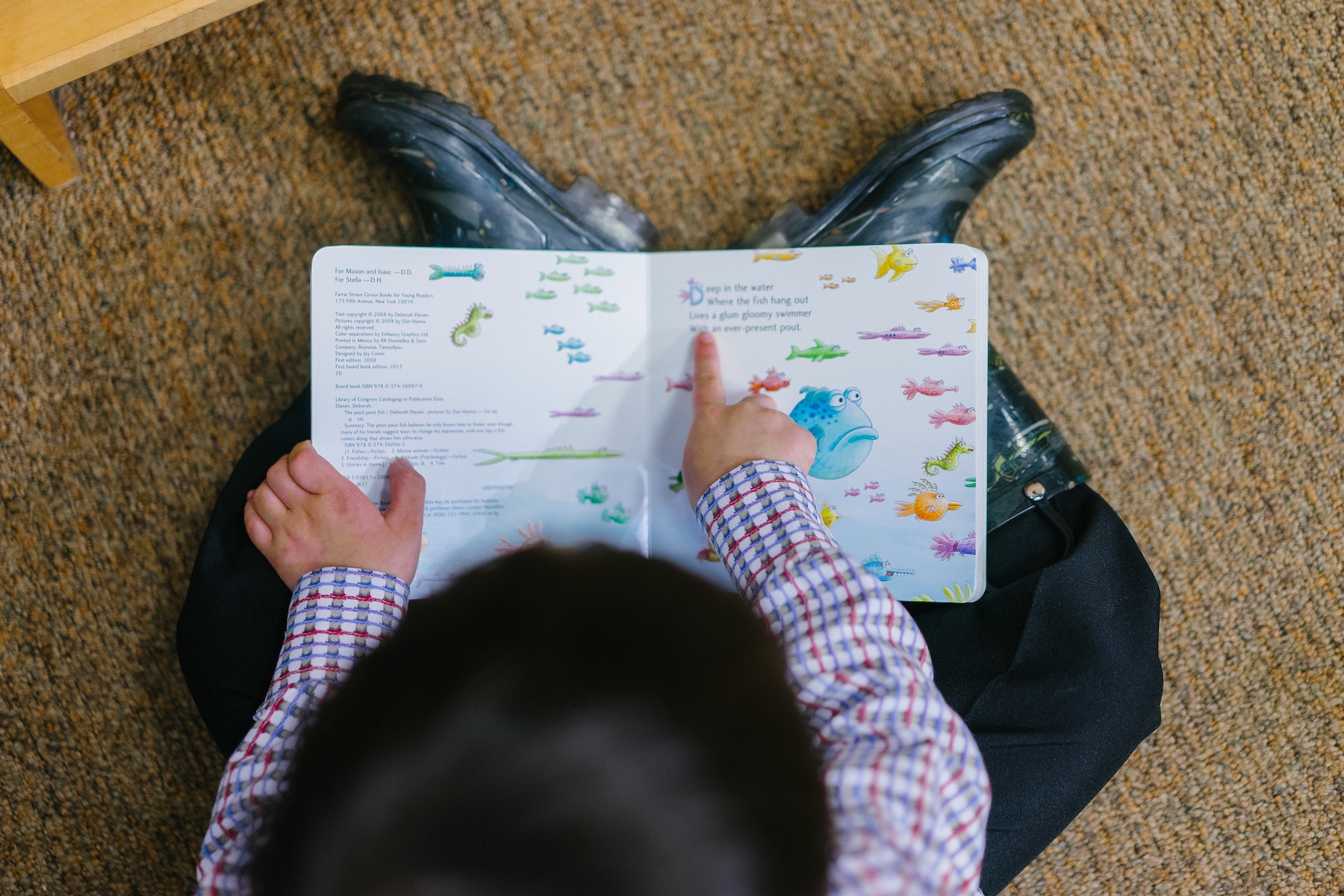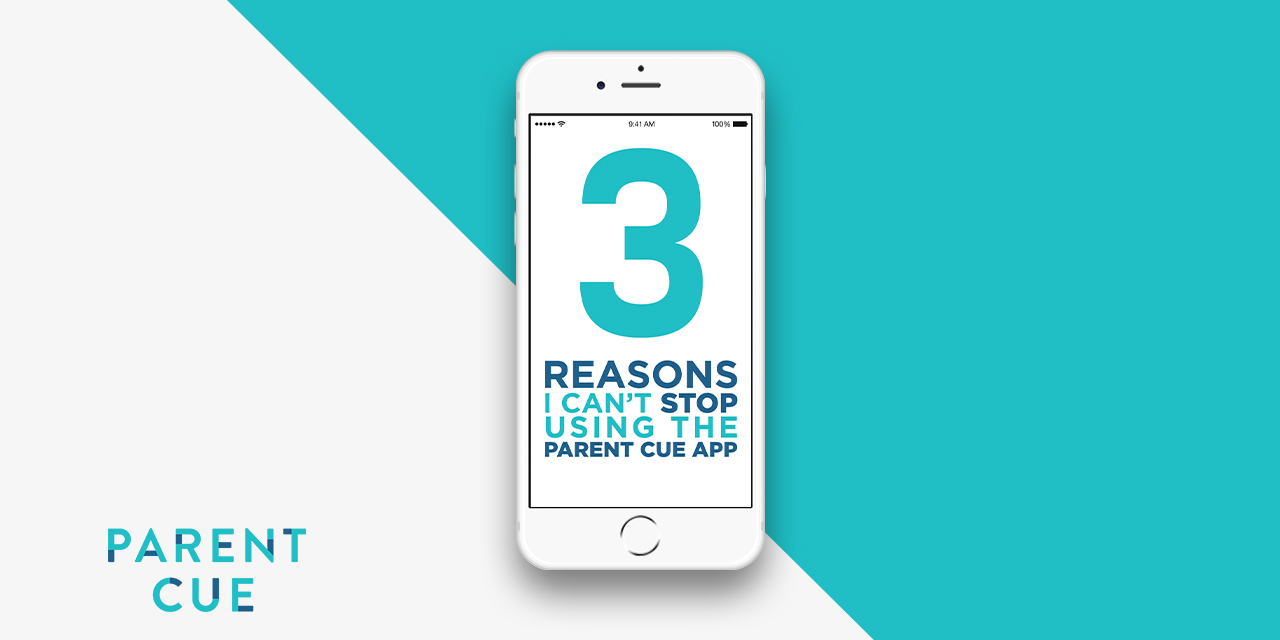
Adapted from Growing With: Every Parent’s Guide to Helping Teenagers and Young Adults Thrive in their Family, Faith, and Future (Grand Rapids: Baker Books, 2019).
“But I don’t want to ride with you. I want to keep riding with my cousins.”
It was day three of my (Kara’s) extended family vacation, and two of our kids were happy to ride with me and my husband. But Krista tossed her beach backpack over her shoulder and stood six feet away from our car. With her arms crossed and her hazel eyes cool with determination, our 14-year-old bluntly told us that she liked riding with her cousins better.
My feelings would have hurt even if we had been home. But losing valuable family time during one of our few precious (and expensive!) vacation days was a slap in the face to my pride and my hopes for family warmth.
I had a 3-D picture in my mind of what our vacation was supposed to be like. Krista’s assertion of her independence—a normal and appropriate tendency for an eighth grader—was ripping that image into shreds.
If you’ve been a parent for long, you know what it means for your child to move away from you. Your child’s growth in independence is both normal and good for them. But it’s simultaneously painful and hard for you.
In our new book Growing With, we champion a goal of “withing” in family relationships, meaning that family members grow in supporting each other as our children grow more independent.
Whether it’s our third grader who no longer wants us to walk them to school, our seventh grader who no longer waves to us when we show up to practice, or our high school graduate who is physically moving out of the house, how can we parents continue to grow with our children even as they become more independent?
In those family moments that have the potential to pull us apart, we who want to grow with our kids are wise to heed psychologist Lisa Damour’s counsel for parents of girls—advice that we believe is relevant for parents and stepparents of sons and daughters alike:
Your daughter needs a wall to swim to, and she needs you to be a wall that can withstand her comings and goings. Some parents feel too hurt by their swimmers, take too personally their daughter’s rejections, and choose to make themselves unavailable to avoid going through it again. . . . But being unavailable comes at a cost. . . . Their daughters are left without a wall to swim to and must navigate choppy—and sometimes dangerous—waters all on their own.
Like all relationships, those with our maturing kids ebb and flow emotionally. As I found at the beach with Krista, sometimes when our independence-seeking child moves away from us, they don’t just let go and drift; they kick off the wall. And they kick hard. So hard that it hurts, leaving us feeling cracked, dented, and leaky. We love our children more than we ever dreamed possible, so when they turn their backs on us—whether for an hour-long car drive on vacation, or simply choosing to go to the mall with friends instead of us—the pain can be more than we can bear.
Motivated by either our anger or self-protection, it’s tempting to turn our backs on our kids when they turn their backs on us. Instead of being a wall for our kids to return to, we put up walls that keep them away.
In the midst of our trip to a coastal paradise, everything in me wanted to punish Krista.
To shame her into getting in the backseat.
Or take away her phone as a consequence for her attitude.
Or verbally lash out at her so she understood how she had hurt me.
Or ignore her and shower my attention on her brother, sister, and cousins. (That would really show her!)
Or all of the above.
I’m sure that in my disappointment, traces of all those so-called parenting strategies seeped into my interactions with Krista. But in the midst of my frustration, and even a few parental threats, I mentally repeated this withing mantra that I felt the Lord brought to mind: Be a wall. Be a wall she can come back to. Be a wall. Be a wall she can come back to.
Krista remained aloof for the next 24 hours. She rode in the car with my brother and his wife, not us. When I walked toward her, she picked up her phone and started texting a friend.
It took everything in me not to aggressively confront her or passively distance myself from her. Especially when I did the math on the daily cost of our vacation.
Be a wall.
Be a wall she can come back to.
I became riveted on these three words: “Be a wall.”
With two days left on the trip, Krista did come back. I can’t point to why it happened. There was no breakthrough conversation. No heartfelt apology. No fantastic sunset walk along the beach that changed everything. Krista simply started to act like herself. Whatever thoughts and feelings had deepened the rift between us seemed to disappear. I’m so glad that during the four days Krista was distant from us, I didn’t say or do something that would create a permanent barrier between me and my teenager.
While Jesus is the ultimate “wall” we want our kids to cling to, during the ups and downs of our vacation all I could do was cling to this withing phrase: Be a wall. Be a wall she can come back to. But that phrase gave me enough courage to continue to be available for Krista—asking her periodic questions, affirming her contributions to our extended family’s fun and conversations, and smiling in her direction—all of which were cues I hoped would prompt Krista to reach for me when she was ready.
And when she was ready, she indeed did reach for me. Repeating “Be a wall” to myself helped me be the stable force she needed, and helped me choose withing over drifting.





